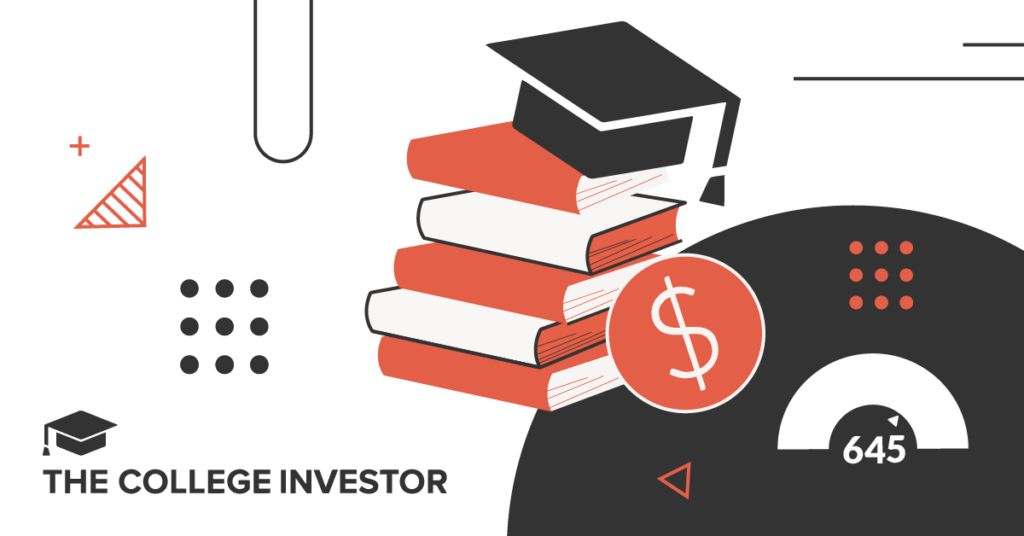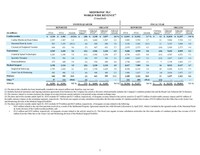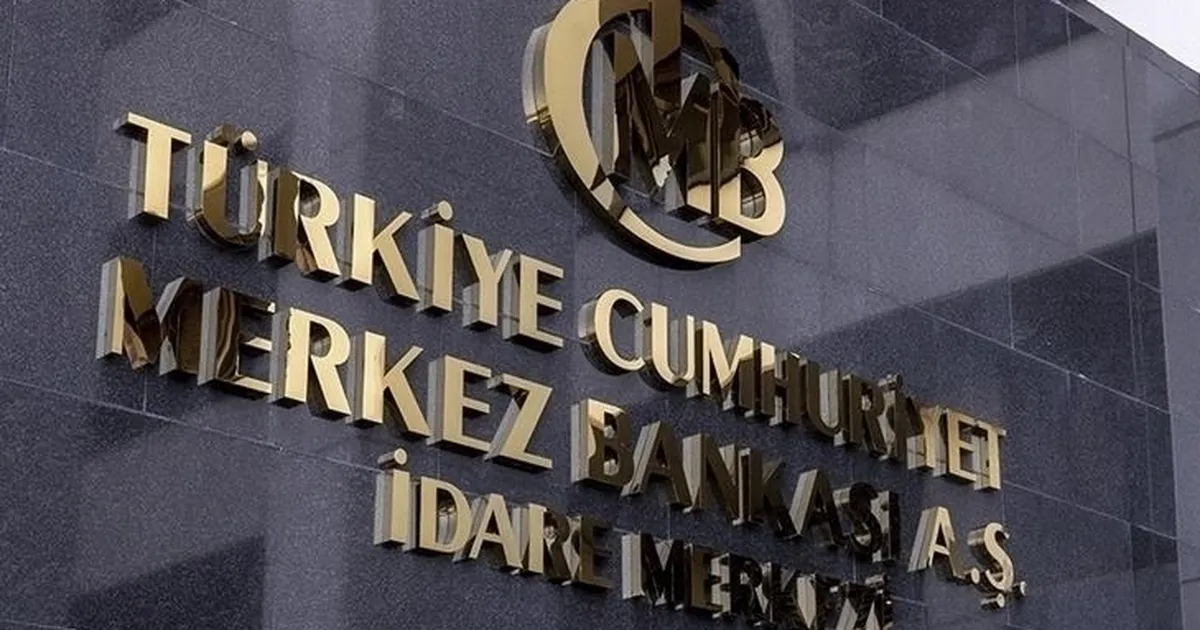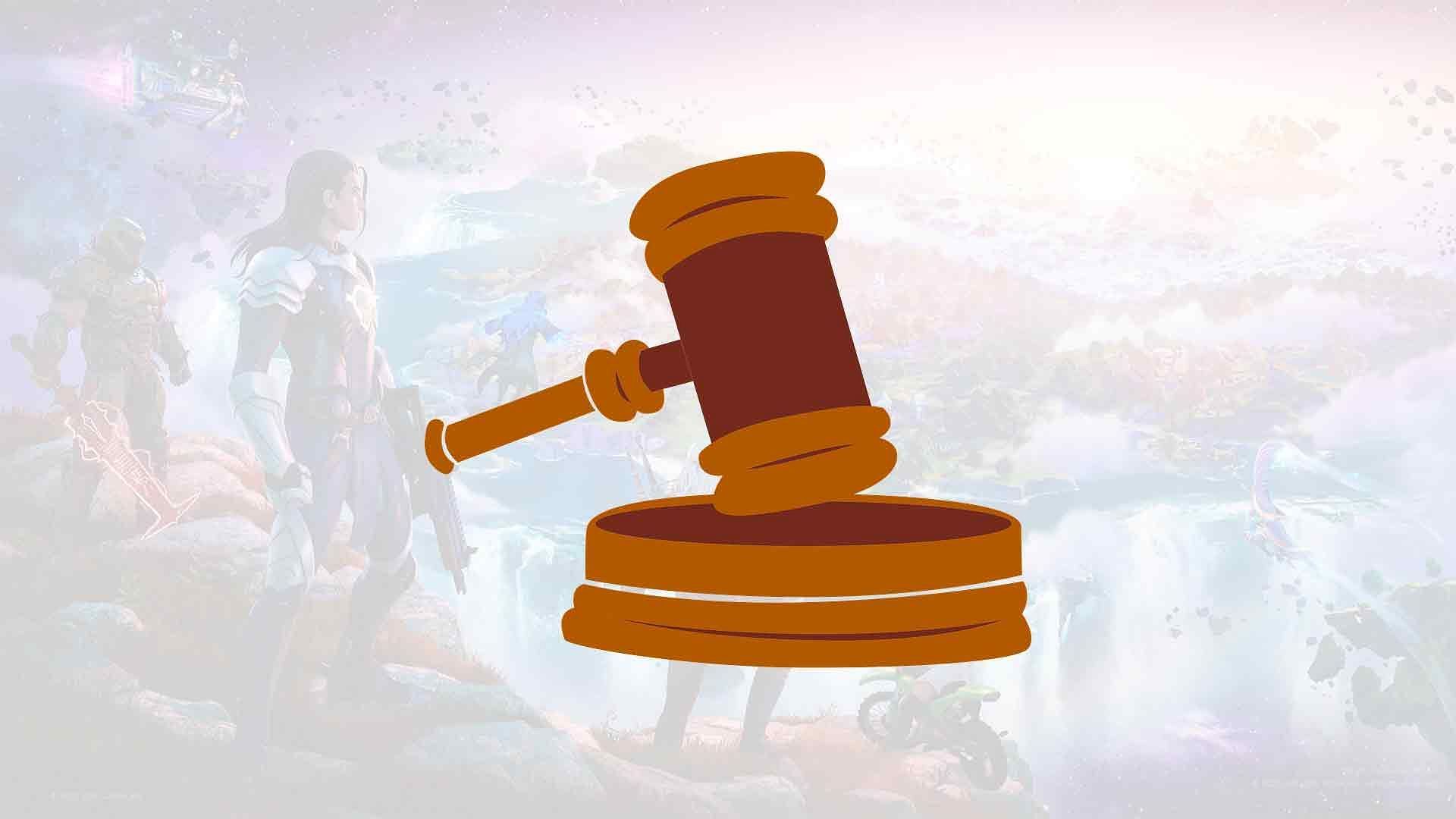Understanding The Credit Score Effects Of Delinquent Student Loans

Table of Contents
How Delinquent Student Loans Impact Your Credit Score
Understanding how delinquent student loans affect your credit score starts with the credit reporting process. When you miss or make late payments on your student loans, your loan servicer reports this delinquency to the three major credit bureaus: Equifax, Experian, and TransUnion. This negative information is then incorporated into your credit report, impacting your credit rating and FICO score.
A single missed payment can cause a significant drop in your credit score. The severity of the impact depends on several factors, including your payment history, the amount of the missed payment, and the overall age and health of your credit profile. Consistent late payments will further damage your creditworthiness, making it harder to secure future loans.
The negative effects of a delinquent student loan are far-reaching:
- Significant drop in credit score: This directly affects your ability to obtain favorable interest rates on future loans and credit cards.
- Difficulty obtaining loans: Securing auto loans, mortgages, and personal loans becomes significantly more challenging, if not impossible.
- Higher interest rates on future loans: Lenders perceive borrowers with poor credit as higher risk, resulting in significantly higher interest rates.
- Challenges renting an apartment: Many landlords conduct credit checks, making it difficult to secure housing with a damaged credit score.
- Potential job application rejections: Some employers perform credit checks, and a poor credit report can negatively impact your job prospects.
The Difference Between Delinquency and Default
While delinquency refers to late or missed payments, default represents a more serious breach of your student loan agreement. Default occurs after a specific number of missed payments (typically 9 months for federal loans), triggering severe financial consequences beyond a damaged credit score.
The consequences of defaulting on your student loans can include:
- Wage garnishment: A portion of your wages can be legally seized to repay the debt.
- Tax refund offset: The government can withhold your tax refund to apply towards your delinquent student loan.
- Impact on future federal aid eligibility: You may lose eligibility for future federal student aid programs.
Here's a comparison to highlight the key differences:
- Delinquency: Late payments resulting in a negative impact on your credit score. You still have the opportunity to rectify the situation and avoid default.
- Default: A serious breach of the loan agreement resulting in severe financial repercussions, including wage garnishment, tax refund offset, and loss of future federal aid eligibility, in addition to significant credit score damage.
Strategies to Avoid Delinquency and Repair Your Credit
Preventing delinquency requires proactive management of your student loan debt. Several strategies can help:
- Income-driven repayment plans: These plans adjust your monthly payments based on your income and family size, making them more manageable. Options include Income-Based Repayment (IBR), Pay As You Earn (PAYE), Revised Pay As You Earn (REPAYE), and Income-Contingent Repayment (ICR).
- Deferment and forbearance: These temporary options allow you to postpone or reduce your payments for a specific period, but interest may still accrue. They are not long-term solutions and should be used cautiously.
- Credit counseling and debt consolidation: Credit counseling agencies can help you create a budget and explore debt management options, while debt consolidation might simplify your payments into a single monthly amount.
- Negotiating with your loan servicer: If you're facing financial hardship, contacting your loan servicer to discuss potential payment arrangements is crucial. They may offer options like temporary hardship plans or modified repayment schedules.
Here's a summary of effective strategies:
- Budgeting and financial planning: Create a detailed budget to track your income and expenses, identifying areas for potential savings.
- Exploring repayment options: Research and compare various repayment plans to find the most suitable option for your financial situation.
- Seeking professional financial assistance: Consider consulting with a credit counselor or financial advisor for personalized guidance.
- Maintaining open communication with your lender: Keep your lender informed about any changes in your financial situation.
Long-Term Effects of Delinquent Student Loans on Credit
The negative marks from delinquent student loans typically remain on your credit reports for seven years from the date of the delinquency. This can significantly impact your future financial opportunities.
The long-term effects include:
- Difficulty securing favorable interest rates: Lenders will view you as a higher risk, leading to higher interest rates on loans, mortgages, and credit cards.
- Limited access to financial products: You may find it difficult to obtain credit cards, loans, or even rent an apartment.
- Potential for long-term financial instability: The cycle of high interest rates and limited access to credit can perpetuate financial instability.
Rebuilding your credit after delinquency requires patience and discipline:
- Credit repair: While you can't erase negative information, consistent on-time payments on all your accounts will improve your credit score over time.
- Credit building: Establish a good payment history on new credit accounts and aim for a low credit utilization ratio (the amount of credit you use compared to your total available credit).
- Improving credit score: Monitoring your credit report regularly and actively working to improve your score is vital.
Here’s a summary of the long-term impact:
- Difficulty securing favorable interest rates: Expect significantly higher costs for borrowing money.
- Limited access to financial products: Your options will be severely restricted.
- Potential for long-term financial instability: This can impact major life decisions like buying a home or starting a family.
Conclusion: Protecting Your Credit Score from the Effects of Delinquent Student Loans
Delinquent student loans can have a devastating impact on your credit score and overall financial well-being. The consequences range from higher interest rates and difficulty securing loans to potential job application rejections and housing challenges. Defaulting on these loans leads to even more serious repercussions. Proactive management of your student loan debt is paramount. Don't let delinquent student loans negatively impact your financial future. Take control of your student loan debt today by exploring repayment options, seeking professional help if needed, and understanding the credit score effects of delinquent student loans. A strong credit score is crucial for long-term financial success.

Featured Posts
-
 Is Creatine Safe And Effective A Detailed Look
May 17, 2025
Is Creatine Safe And Effective A Detailed Look
May 17, 2025 -
 Update On Valerio Therapeutics S A S 2024 Financial Report Publication
May 17, 2025
Update On Valerio Therapeutics S A S 2024 Financial Report Publication
May 17, 2025 -
 Fortnite Cowboy Bebop Skins Complete Price Guide For Faye Valentine And Spike Spiegel Bundle
May 17, 2025
Fortnite Cowboy Bebop Skins Complete Price Guide For Faye Valentine And Spike Spiegel Bundle
May 17, 2025 -
 Tuerkiyes Subat Ayi Uluslararasi Yatirim Pozisyonu Verileri Detayli Analiz
May 17, 2025
Tuerkiyes Subat Ayi Uluslararasi Yatirim Pozisyonu Verileri Detayli Analiz
May 17, 2025 -
 How Trumps Student Loan Changes Affect Black Communities
May 17, 2025
How Trumps Student Loan Changes Affect Black Communities
May 17, 2025
Latest Posts
-
 Fortnite Players React To The Latest Item Shop Controversy
May 17, 2025
Fortnite Players React To The Latest Item Shop Controversy
May 17, 2025 -
 Analysis The Fortnite Item Shop Update And Player Reaction
May 17, 2025
Analysis The Fortnite Item Shop Update And Player Reaction
May 17, 2025 -
 Fortnites Latest Shop Update What Went Wrong
May 17, 2025
Fortnites Latest Shop Update What Went Wrong
May 17, 2025 -
 Fortnite Cowboy Bebop Skins Complete Price Guide For Faye Valentine And Spike Spiegel Bundle
May 17, 2025
Fortnite Cowboy Bebop Skins Complete Price Guide For Faye Valentine And Spike Spiegel Bundle
May 17, 2025 -
 Fortnite Item Shop Update A Wave Of Player Discontent
May 17, 2025
Fortnite Item Shop Update A Wave Of Player Discontent
May 17, 2025
